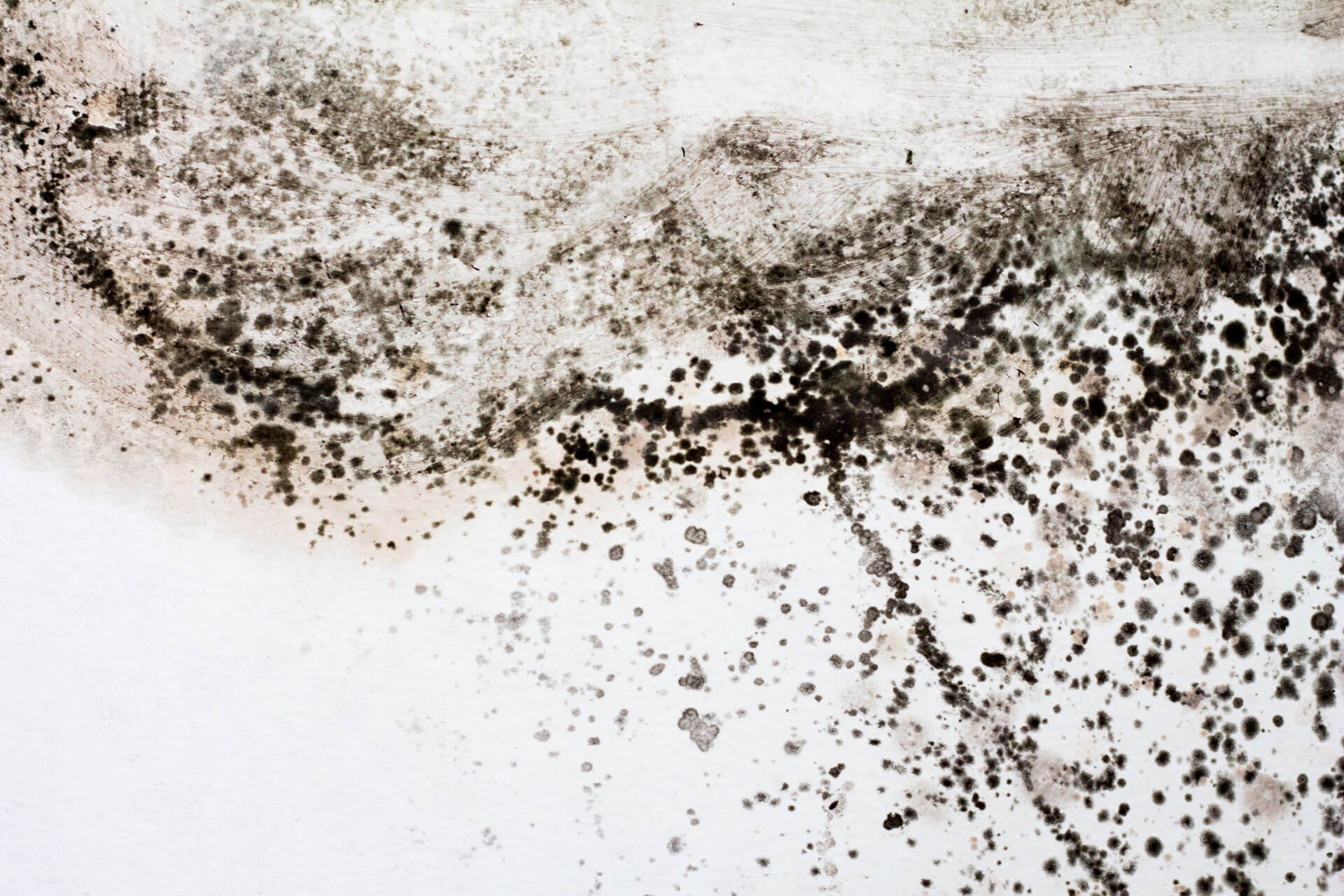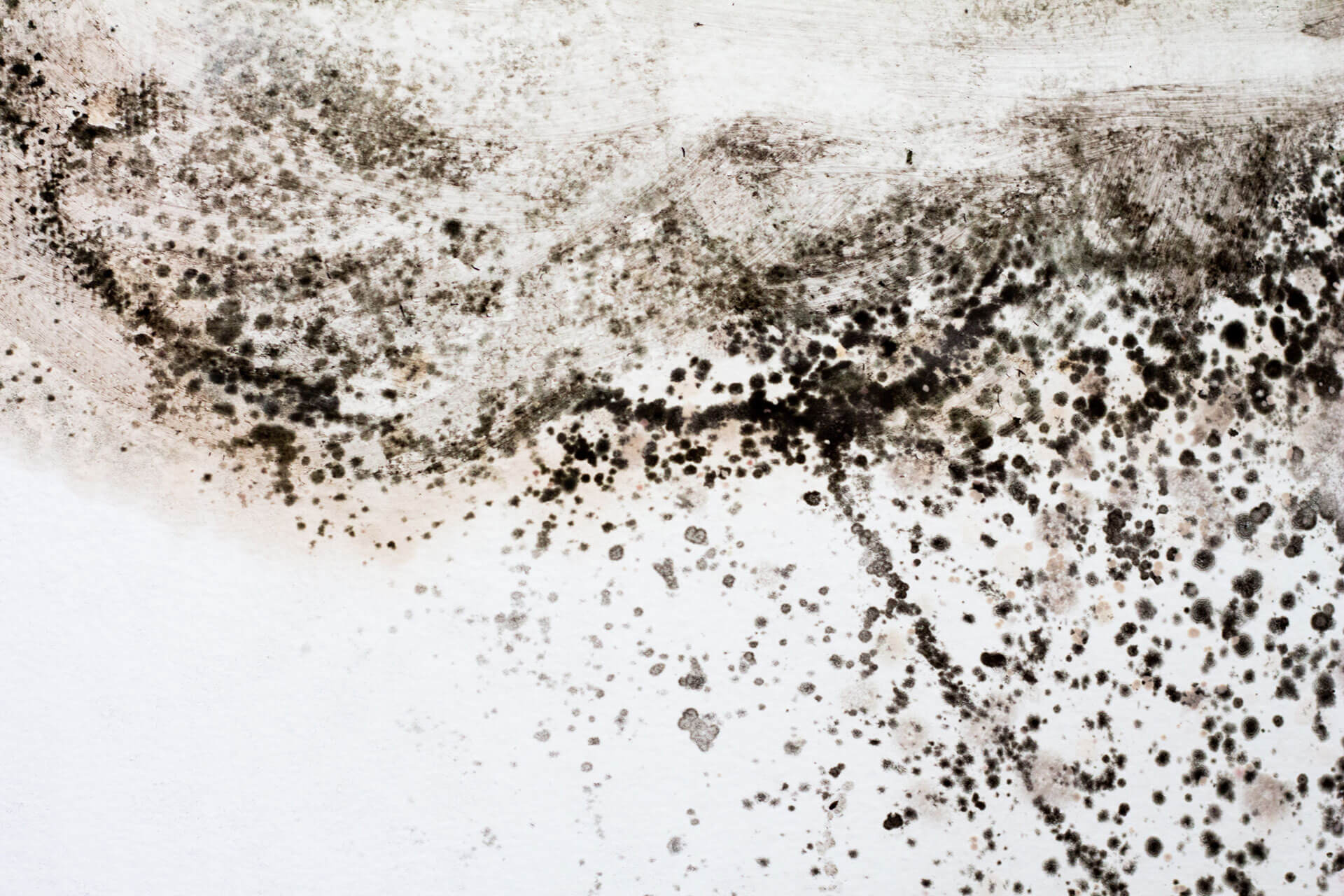What To Do If You Find Mould In Your Rented Home

CONTENTS
- What to do if you find mould
- Your rights as a tenant
- Who is responsible for dealing with mould?
- The importance of calling a professional cleaning service
- What to do in the meantime
- Health risks
- Where to find legal advice
Mould is commonly found in student accommodation across the UK, leading to a lot of stress and hassle. It can cause a range of health issues, from nausea to triggering allergies. Find out more about the effects of mould here.
It is difficult to know where to turn if you find mould in your building, as the spores spread quickly and can result in damage to your belongings and the site's structure. It is vital that mould is dealt with promptly by professionals because of the danger it poses.
At ICE Cleaning, we provide specialist mould removal services nationwide. We operate 24/6, 365 days a year, and our team use advanced technologies and solutions to deliver excellent results to our customers. They work hard to restore your property to a safe condition once more.
Take a look at our blog, where we explore what you should do if you find mould in your rented home.
What to do if you find mould
Damp will often develop into the mould, and has many different forms: this includes rising damp, penetrating damp and condensation:
- Rising damp – This type of damp occurs as a result of moisture building up in the structure of a building, which then rises up through tiny holes in the floors or walls.
- Penetrating damp – Penetrating damp refers to mould caused by rainwater. If a property experiences a sudden increase in water, such as a heavy storm, the moisture’s usual escape route may become overloaded and stop working.
- Condensation – Condensation is the most common form of damp. It arises as a result of poor ventilation, whereby warm air particles cool down and the moisture condenses on cool surfaces.
If you do notice damp or mould in your property, it can be difficult knowing where it’s come from or how to get rid of it. The best thing to do in the short-term is stay away from the affected area and inform your landlord.
As well as its ugly appearance, mould is incredibly bad for your health. Despite assumptions that mould only poses a threat to individuals with pre-existing health conditions, anyone can be affected if exposed to the contaminated particles in the air for a significant period.
Your rights as a tenant
As a tenant, it’s important to know where you stand. Though many tenancy contracts differ slightly, there are certain universal responsibilities that both sides must abide by.
It is technically the responsibility of the tenants to properly ventilate the property to avoid the build-up of damp. However, there are lots of other factors to consider.
For example, it is the duty of the landlord to provide the correct ventilation equipment in the house from the start. All landlords must comply with national health and safety regulations to ensure adequate living standards are met.

Who is responsible for dealing with mould?
If you (the tenant) discover traces of mould in the property, you’re obligated to report it to the landlord. You should deliver written correspondence of any repairs needed or damage to the furniture, as well as details of the ways in which the damp has had an impact on your health.
Your landlord should then respond with confirmation that a full inspection has been arranged. It is their responsibility to fix any leaky or broken pipes, cracked walls or window frames, as well as replacing missing roof tiles or damaged flooring.
Whilst they shouldn’t make unreasonable assumptions or requests, if you are fairly new tenants, they may question how you’ve been treating the property. The development of mould could be the fault of either party involved and conflicts may arise in an attempt to avoid paying for the necessary work to be done.
If it is decided that you (the tenants) are responsible for the damage, you will be charged the full cost of any repair services. However, if the landlord is found to be at fault, they are not responsible for providing alternative accommodation whilst the house is being repaired.
Though, you may be able to claim compensation for disruption if the situation is not taken care of within a reasonable period of time.
The importance of calling a professional cleaning service
The process of removing mould should not be underestimated. It’s incredibly dangerous and can be difficult to know whether all traces have been eradicated.
If in doubt, it’s always best to call a professional cleaning company. They will not only be able guarantee that all mould has been removed, both visible and invisible, but can also provide you with detailed information about your situation by taking a mould sample.
Professional cleaning companies offer a mould sample testing to determine the level of mould in your property.
By collecting samples of microorganisms from the air and surfaces affected and analysing them under close inspection, a team of technicians will be able to produce vital information about the air quality and level of threat that the mould poses to your health. This in return can serve as documented evidence to support your case.
Moreover, hiring a team of specialists will save you from splashing out on expensive mould removal equipment and provide you with peace of mind that the task will be handled with care and professionalism. Aided with years of experience and extensive training, professional cleaners will know how to handle any given situation.
What to do in the meantime
There are a range of ways you can avoid the situation from getting worse whilst waiting for a team of professionals to arrive.
Ventilate the property
Ventilating your household will significantly reduce the risk of further mould emerging. Try to open your windows as much as you can and correctly vent your tumble dryer. You should also avoid blocking any air vents to ensure maximum circulation.
Keep your house warm
Keep your heating on at all times, on a low-to-mid temperature if necessary. Ideally, your room temperature should never drop below 15 degrees.
Make use of extractor fans
Most properties have extractor fans in the kitchen and bathroom. Try to turn on the extractor fan and shut all internal doors whilst in these rooms to trap and dissolve any moisture particles.
Additionally, keeping a diary of who you’ve spoken with and when could prove useful. You should save any written communication so that it’s easy to refer back to in a debate, as well as documenting any changes to the damp to use as potential evidence.
Health risks
As well as its ugly appearance, mould is incredibly bad for your health. Despite assumptions that mould only poses a threat to individuals with pre-existing health conditions, anyone can be affected if exposed to the contaminated particles in the air for a significant period.
Mould is a particular risk to those with allergies or asthma, or weakened immune systems – including infants and older adults. The majority of risks associated with mould relate to respiratory issues, but skin conditions, fungal infections and other implications may also arise.
Where to find legal advice
If you urgently need someone to talk to about your situation, Shelter England provide free online housing support. You can choose between chatting to an expert housing consultant online, calling their emergency hotline or visiting a local advice centre to talk face-to-face with a member of their team.
Should you wish to speak to a team member using their hotline, please have any relevant documents to hand – such as tenancy agreements or emails between you and your landlord. The Shelter England helpline number is 0808 800 4444.
Get in touch
If you need mould remediation services, you can reach our team on 0208 066 0360 or enquiries@icecleaning.co.uk. A member of our friendly support team will help you throughout the process with any questions or concerns you may have.

Speak with me today,
I’m here to help
By asking you a few questions either via phone or email I can immediately provide a realistic estimation of the cost.
You’re in good company. We’ve cleaned for the following commercial clients… View all

Why choose us?
- Cater to a wide variety of cleaning situations
- Nationwide coverage, available 24/7
- Cater to commercial and domestic clients
- Free survey provided prior to quotation
- Emergency response team
- Offer a bespoke service designed to suit all your needs
- All technicians hold professional health and safety qualifications, including BICSc, IOSH, Dewpoint Professional & Safe Contractor
We’re fully accredited
We place best practise, professional expertise and health and safety at the core of our business. We’re fully compliant with all legal obligations. You can view a list of our accreditations below, or visit our Health & Safety page for more information.











-RGB-small.1707319151.jpg)




















